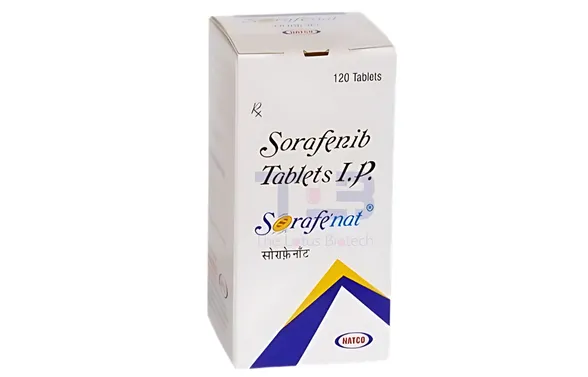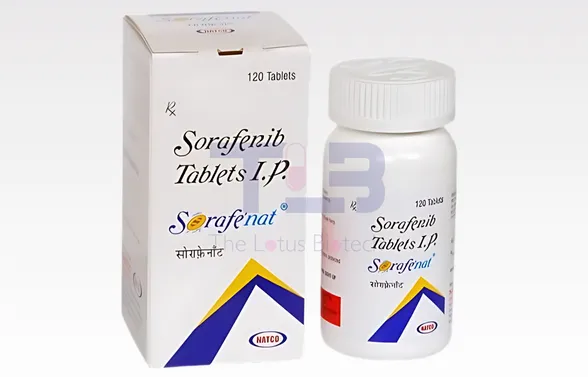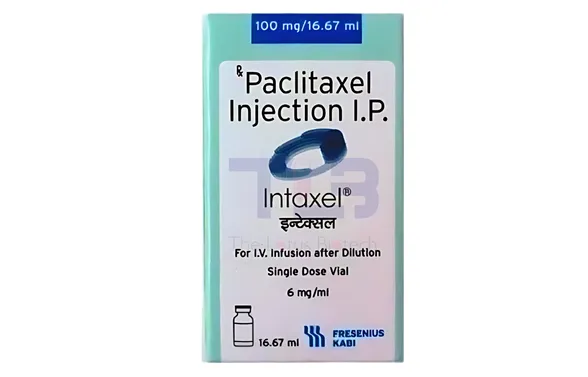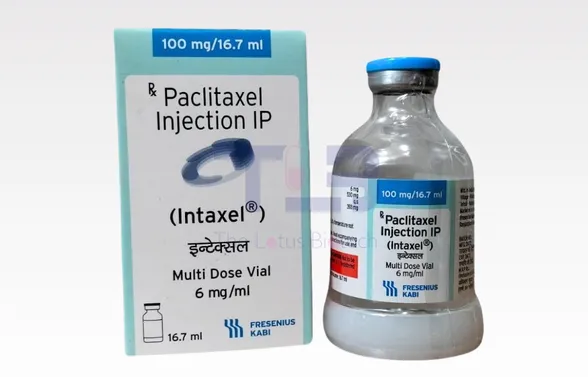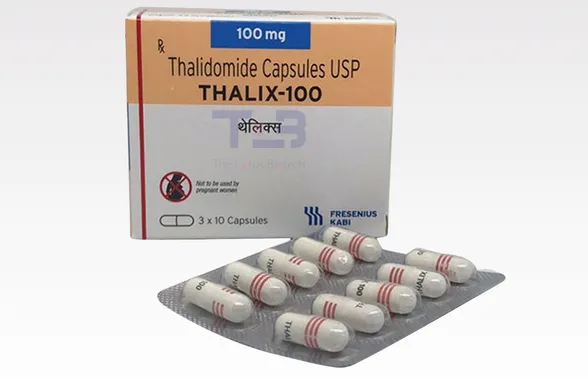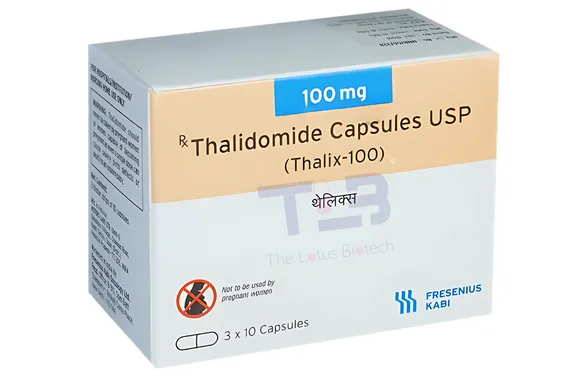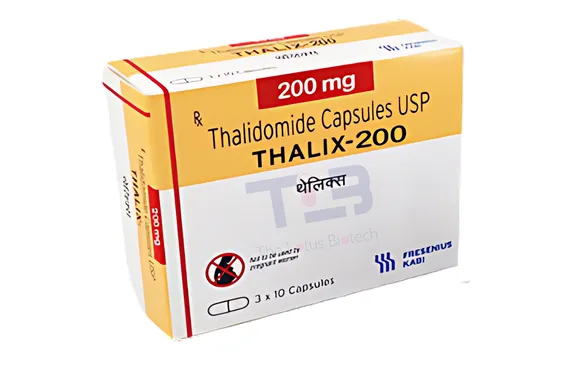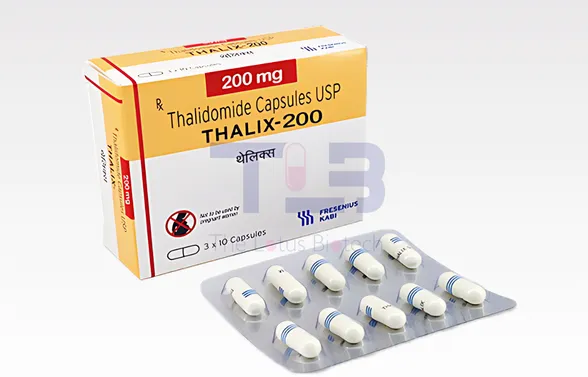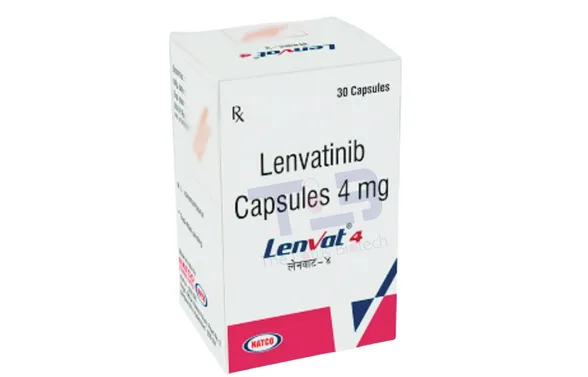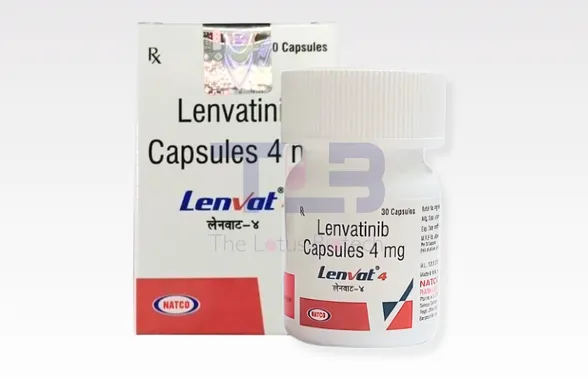Description
Complete Handbook on Sorafenat 200mg Tablet: Usage and Insight
| Medicine | Sorafenat 200mg Tablet |
| Marketed By | Natco Pharma Ltd. |
| Active Ingredient | Sorafenib (200mg) |
| Storage | Store below 30°C |
| Consume Type | Oral |
Sorafenat 200mg Tablet- Introduction
Sorafenat Sorafenib 200 mg Tablet belongs to the class of medications known as tyrosine kinase inhibitors, which are used to treat thyroid, kidney, and liver cancer. It works by blocking kinases and their signaling pathways to block tumor proliferation and growth.
How Sorafenat 200mg Tablet Works: A Closer Look
Sorafenat Sorafenib 200 mg Tablet is an anti-cancer medication that stops the aberrant protein that causes cancer cells to proliferate from doing its thing. This process helps to slow down or stop the growth of cancer cells.
Use
- Liver cancer
- Kidney cancer
- Thyroid cancer
Sorafenat 200mg Tablet – The Benefits
In Liver Cancer
Liver cancer, also known as hepatocellular carcinoma, originates in the liver’s hepatocytes. As liver cancer advances to more advanced stages, symptoms such as weight loss, nausea, vomiting, and jaundiced skin may become apparent. Initially, early-stage liver cancer may not show any signs at all. Sorafenat 200 mg tablets efficiently destroy cancer cells, preventing them from proliferating and spreading to unaffected areas.
In Kidney Cancer
Sorafenat Sorafenib 200 mg Tablet is used to treat kidney cancer. It restricts the spread of cancer to unaffected areas by slowing the growth and multiplication of cancer cells.
In Thyroid Cancer
Thyroid cancer arises from the thyroid gland, a butterfly-shaped organ near the neck’s base that regulates numerous bodily functions. Initially, thyroid cancer may not exhibit any symptoms. By preventing cancer cells from acquiring oxygen, the Sorafenat 200 mg Tablet slows their growth and stops them from spreading
Sorafenat 200mg Tablet – A Usage Guide
Follow your doctor’s instructions on the dosage and duration of this medication. Take it all in at once. Never break, eat, or crush it. The Sorafenat Sorafenib 200 mg Tablet should be taken without food.
Sorafenat 200mg Tablet – Side Effects
Most adverse effects go away when your body gets used to the medication and don’t require medical attention. If they continue or you have concerns about them, speak with your physician.
Common Side Effects
- Fatigue
- Nausea
- Loss of appetite
- Diarrhea
- Abdominal pain
- Hair loss
- Weight loss
- Rash
- Painful blisters on hands and feet
[Note: Different drugs can cause varying side effects. To get accurate information about a medication’s specific side effects, refer to the official prescription information or consult your healthcare provider.]
Sorafenat 200mg Tablet – A Guide to Safety
Alcohol
Consult Your Doctor
It’s unclear if drinking alcohol while taking a Sorafenat 200 mg tablet is safe. It is best to consult your physician for advice on this issue.
![]()
Pregnancy
Consult Your Doctor
Due to evidence of probable harm to the developing fetus, Sorafenat Sorafenib 200 mg Tablet is typically not advised during pregnancy; however, in extreme cases where life is in danger, a doctor may consider use if the advantages outweigh the risks. In these situations, you must seek advice from your physician.
![]()
Breastfeeding
Consult Your Doctor
Nursing mothers should not use Sorafenat Sorafenib 200 mg Tablet, since information suggests it may be detrimental to the newborn child.
![]()
Driving
Unsafe
Usually, Sorafenat 200 mg Tablet can affect your ability to drive as it can cause dizziness. So, avoid driving a vehicle or operating heavy machinery for a few hours after taking the medicine.
![]()
Liver
Safe If Prescribed
When using Sorafenat Sorafenib 200 mg Tablet, patients with severe liver disease should use caution; the dosage may need to be adjusted. See your physician for advice.
![]()
Kidney
Caution
Sorafenat Sorafenib 200 mg Tablets should be taken with caution for people with kidney disease. Follow the advice of your doctor. However, while on this medicine, your doctor may advise routine blood tests for monitoring.
Fact Box
| Chemical Group | Class of phenylureas |
| Addictive | No |
| Medication Class | Multiple tyrosine kinase inhibitor |
| Action Class/Category | Anti-neoplastic |
Swift Advice
- Thyroid, kidney, and liver cancers are treated with Sorafenat 200 mg Tablets.
- Keep the medication-taking routine regular each day.
- Use dependable contraception while undergoing treatment if you are a woman who is at risk of becoming pregnant.
- Your physician may routinely check your blood pressure.
- Notify your physician of any skin rashes, discomfort, swelling, or redness in your hands or feet.
- Without first talking to your doctor, never change the dosage or stop taking the medication.
How does Sorafenib work?
Sorafenib belongs to a group of drugs known as kinase inhibitors. It functions by obstructing the aberrant protein that encourages the growth of cancer cells. This inhibits the growth of cancer cells.
How does Sorafenib help with cancer?
Sorafenib belongs to a group of drugs known as kinase inhibitors. It functions by obstructing the aberrant protein that encourages the growth of cancer cells. This inhibits the growth of cancerous cells.
How long can you take Sorafenib?
The length of therapy with Sorafenat 200mg Tablet depends on various factors. It is best to follow your doctor’s recommendations for the length of treatment. However, you should speak with your doctor right away if you experience any side effects that seem alarming or problematic.
Is Sorafenib immunotherapy?
No, Sorafenib isn’t an immunotherapy. This targeted therapy treats cancer by preventing tumor growth by focusing on particular proteins involved in the production of blood vessels and the proliferation of cancer cells.
Is The Lotus Biotech a Sorafenib Tablets 200mg Supplier?
Yes, The Lotus Biotech is a leading supplier of oncology medications. We have a wide range of medicines that contain active ingredients like sorafenib, everolimus, and pomalidomide, to name a few. Contact our experts at info@thelotusbiotech.com for more details.

